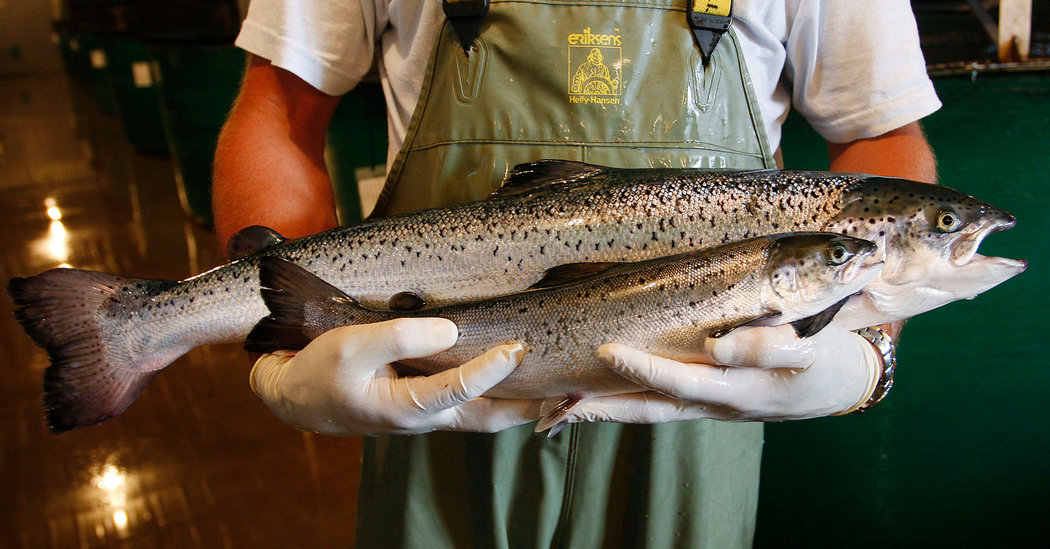The recent announcement from the FDA regarding new regulations for genetically engineered animals has ignited a fervent dialogue about the ethical, ecological, and medical implications of such biotechnological advancements. In an era marked by rapid technological innovation, the intersection of science and ethics becomes increasingly precarious. The new rules, aimed at safeguarding public health and the environment, encompass a myriad of aspects related to the production and consumption of genetically modified organisms (GMOs).
At the heart of this issue lies a compelling observation: as we recognize the potential benefits of genetic engineering—such as disease resistance and enhanced food production—questions emerge about the ethical frameworks we apply to these advancements. The fascination with genetically engineered animals is not merely rooted in their practical benefits. Rather, it stems from our deeper curiosity about the manipulation of life itself. Is it ethical to design organisms to fulfill human needs? This query resonates through the work of scientists, ethicists, and the broader populace.
The FDA’s regulatory framework introduces a tiered approval process that assesses various factors, including the animal’s intended use, its genetic modifications, and potential impacts on biodiversity. This regulatory shift recognizes that not all genetic manipulations are created equal. For instance, while some modifications may enhance certain traits without jeopardizing animal welfare, others could pose risks that require rigorous scrutiny. Behind these regulatory measures lies a commitment to transparency and consumer safety that aims to foster public trust.
Nevertheless, public perception remains a formidable barrier. The discourse surrounding genetically engineered animals often reflects broader societal anxieties about biotechnology. Fear of the unknown is palpable; it evokes concern over unforeseen consequences that could arise from tampering with fundamental life processes. Moreover, issues pertaining to animal rights and welfare, alongside the potential for ecological disruption, compound these concerns, rendering the subject matter multi-faceted and contentious.
As these regulatory guidelines evolve, they evoke an essential dialogue about the implications of genetic engineering that transcends the technicalities of the FDA’s mandates. The world increasingly grapples with a paradox: while we possess the capability to alter the genetic framework of living beings, do we truly comprehend the socio-ethical ramifications of such power? Given the escalating global population and the associated demand for sustainable food sources, the urgency of these discussions cannot be overstated.
In conclusion, the newly established FDA regulations for genetically engineered animals symbolize more than just regulatory governance; they embody our collective quest for balance between innovation and ethical responsibility. As society navigates this complex landscape, it becomes imperative to engage in candid discussions, embracing diverse perspectives that illuminate the multifarious dimensions of genetic engineering. The interplay between humanity’s aspirations and ethical standards will shape the future of biotechnology, ultimately influencing our relationship with the living world.
